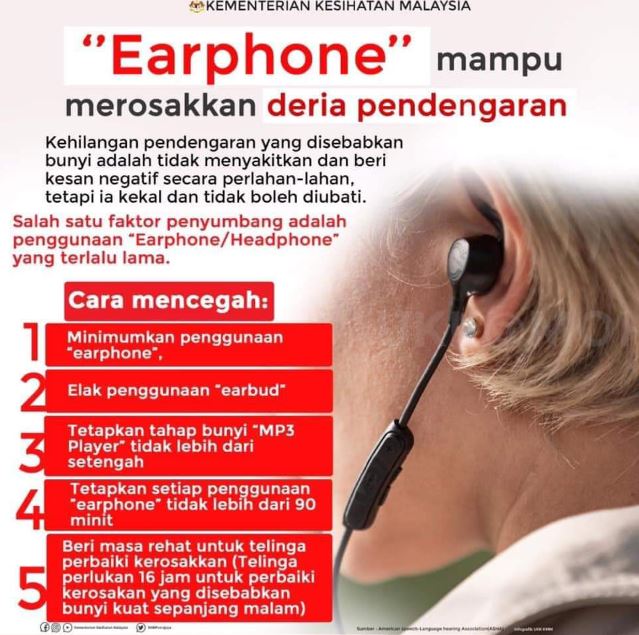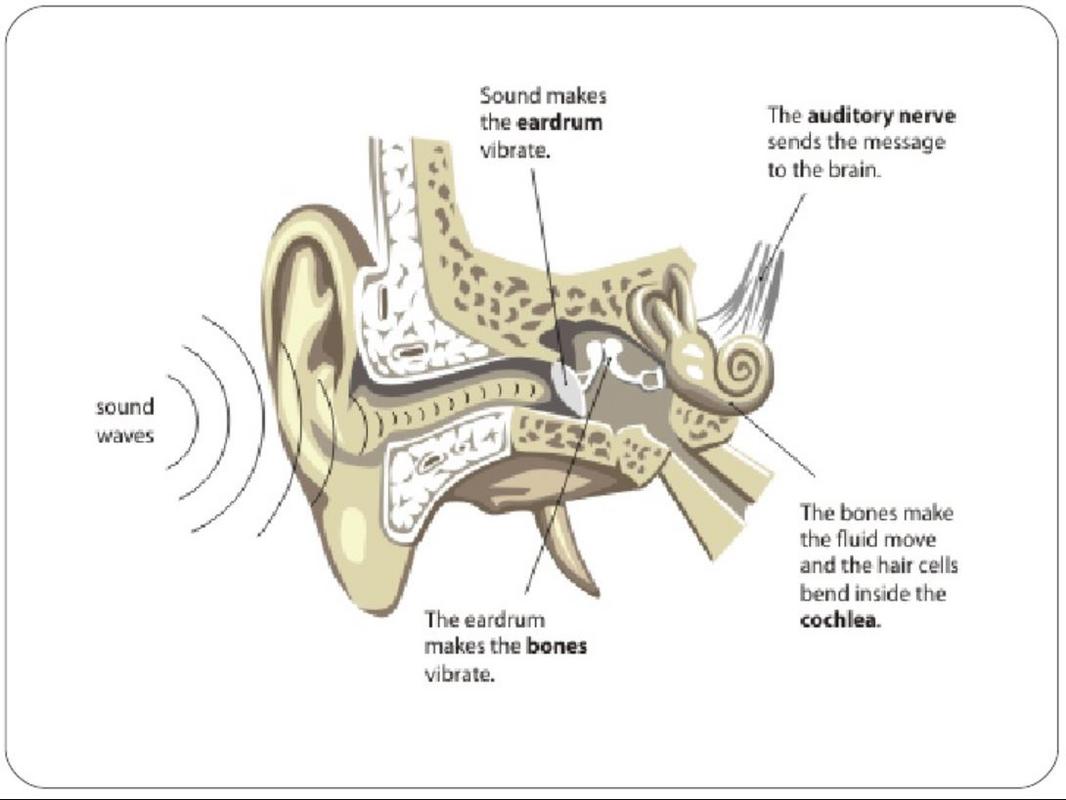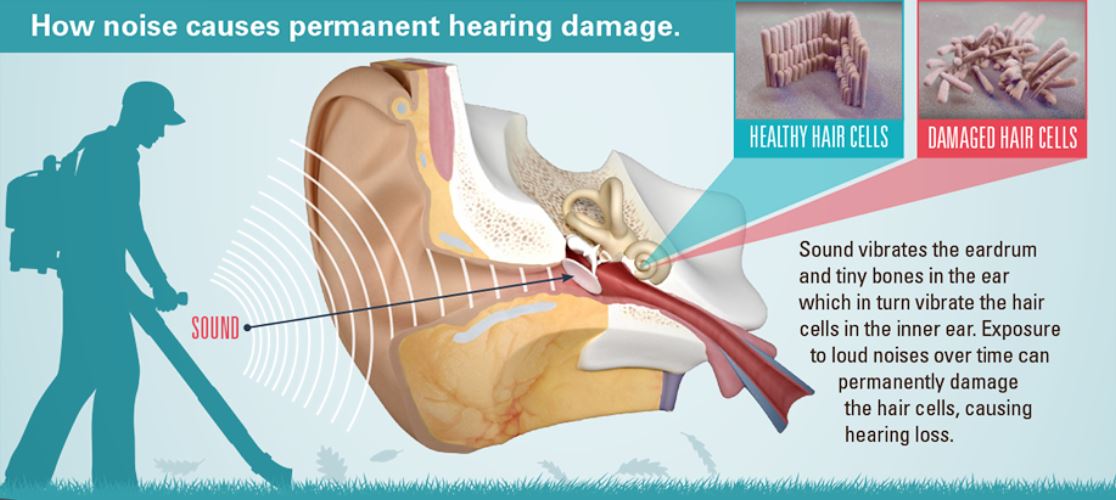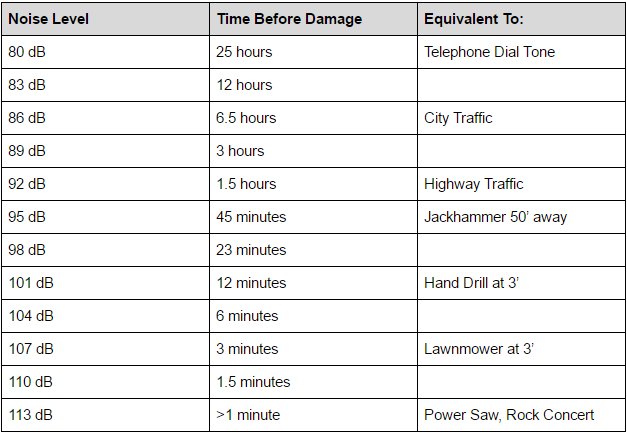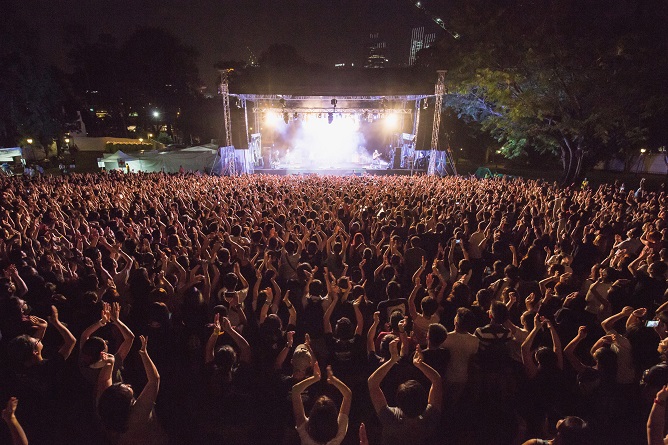PSA: You Should Not Wear Your Earphones For More Than 90 Minutes At A Time
Exposure to noises that are too loud for too long can damage your hearing.
The Ministry of Health (MOH) recently warned that using headphones and earbuds can cause damage to your ears if you are not careful with your listening habits
In an infographic, MOH shared that wearing earphones for too long or too loud is detrimental to your hearing.
They also warned that losing your sense of hearing is painless and occurs very slowly.
Basically, you can have hearing loss before you even realise you're having problems.
And once it's gone, you can't get it back.
There has been evidence that the use of these devices have led to a major increase of hearing loss cases among young adults
In 2015, the World Health Organisation (WHO) estimated that over a billion young people are at risk of developing hearing loss due to their poor habits while listening to music.
To know exactly why, here is a quick Form Two Science refresher before we proceed:
When sound waves reach our ears, they cause the eardrum to vibrate. This vibration travels through several tiny bones to reach the cochlea in the inner ear.
The cochlea is a fluid-filled chamber that contains many thousands of small 'hairs'. When the sound vibrations reach the cochlea, the fluid inside it vibrates and causes the hairs to move.
According to Audio Recovery, louder sounds cause stronger vibrations, which in turn vibrates the hair cells in the cochlea more vigorously.
So, the key danger here is volume - earphones and headphones produce very loud levels of sound right into your ear
The loudest noises are capable of causing the hair cells in the cochlea to not only vibrate, but to bend or fold over.
This is what causes the sensation of 'temporary hearing loss' after you are exposed to high volumes, such as after coming out of a concert or cinema.
The hair cells take time to recover from extreme vibrations caused by loud noises.
In some cases, however, the cells never recover and this equates to permanent noise-induced hearing loss. No cure exists for repairing a damaged inner ear.
According to Focus Malaysia, our sense of hearing is a complex process involving both the ear's ability to detect sounds and frequencies, and the brain to interpret them.
So, as hearing loss worsens, understanding others becomes increasingly difficult even if we actually do hear them.
Listening to music at a moderate volume can also damage your hearing over time
That's because your ears are not just damaged by the loudness of a noise, but by the length of exposure as well.
As you can see in the table below, louder noises cause hearing damage faster than quieter ones. But quiet ones can still cause damage over time.
For example, a 90 decibel (dB) noise - about the sound of noisy traffic - causes hearing damage in under three hours.
However, a sound of about 105 dB - similar to a lawnmower at three feet away - can damage your hearing in less than 5 minutes.
So, what can you do to prevent noise-induced hearing loss?
The Ministry of Health have suggested these steps to healthier listening habits:
- Generally use earphones less,
- Set your device volume to not more than half,
- Do not use earphones for more than 90 minutes at a time,
- Do not use earbuds - use noise-cancelling headphones so that they cancel out external noise and you need not turn the volume up so high, and
- Rest your ears - they will need 16 hours to recover after a whole night of noise.
